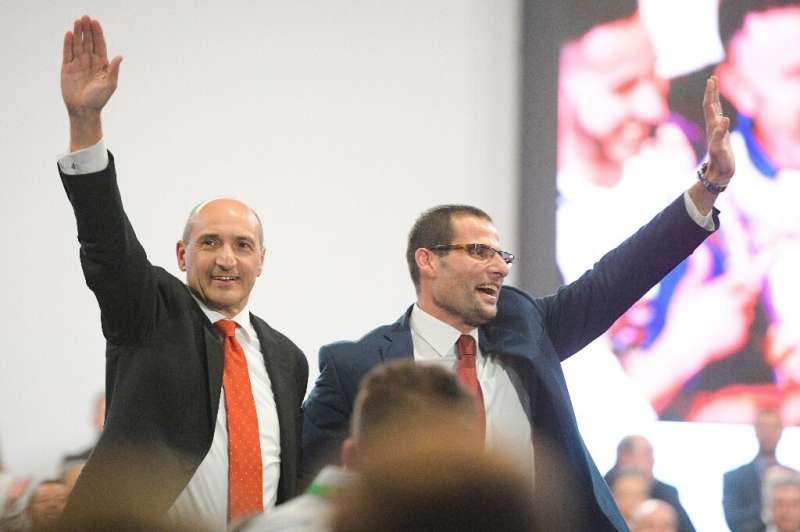
The leading EU country for Covid vaccinations, Malta, on Tuesday credited the bloc’s joint procurement for its success, but stressed moves need to be made to counter worrying virus variants.
Health Minister Chris Fearne, a former surgeon who is also the small Mediterranean country’s deputy prime minister, told AFP in an interview the “unprecedented” pooled purchasing by Brussels of vaccine doses had prevented competition that would have left Malta out in the cold.
“Imagine the situation had we not done this together: had member states gone their own way… there would have been a race between member states, so the larger member states would have probably had access to the vaccines while the smaller member states would have lagged behind, possibly not even having had access at all,” he said.
As of Tuesday, Malta had given at least one jab to 10 percent of its population of 515,000 people, with more than three percent of those over 16 now fully vaccinated with two doses from BioNTech/Pfizer or Moderna.
As of last week, it also started vaccinating with AstraZeneca doses, though only for those aged between 18 and 55.
The inoculation rate puts Malta at the top of the class in the European Union, something Fearne said came down to two main reasons: ordering two million doses—enough to immunise its small population twice over—and a dense network of community health centres dispensing doses as quickly as they arrived.
Additionally, Malta has orders in for three other candidate vaccines—from Johnson & Johnson, CureVac and Novavax—that are expected soon to be approved in the EU.
That surfeit allowed Malta to overcome the supply “fits and starts” that are starving bigger EU states in their roll-out.
Possible yearly jabs
But Fearne said Malta is also acutely aware that vaccinating against the coronavirus may be a long haul, not least because of variants that have emerged from Britain, Brazil, South Africa and Nigeria, some of which appear to reduce the effectiveness of current doses being deployed.
“If the immunity will wane then we will need booster doses, so possibly an annual dose. Hopefully not, but that is a possibility,” he said in the telephone interview.
In a January 18 letter he sent to the European Commission, Fearne urged EU research into the immunology of the Covid vaccines and more frequent gene sequencing to detect new strains.
The virus, he said, “is going to continue to mutate, which means we might need at some point different vaccines or different changes to the vaccines to cope with the variants”.
The commission has replied that his requests are being acted upon.
Talks with Israel
Malta’s vaccination rate has attracted the attention of Israel, which last week struck agreements with EU members Greece and Cyprus to allow vaccinated citizens to travel unhindered between their territories.
“We are in talks with the Israeli government” on that, Fearne said.
But he expressed caution at the idea of what many are calling “vaccine passports”, at least for now.
“What I would call proof of vaccination certificates needs to be enabling or empowering rather than restrictive,” he said, explaining that there was still insufficient data on whether a vaccinated individual can transmit the coronavirus.
Source: Read Full Article